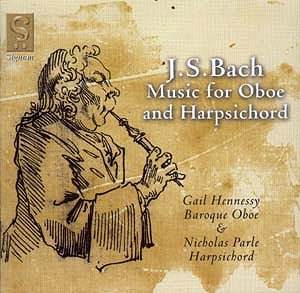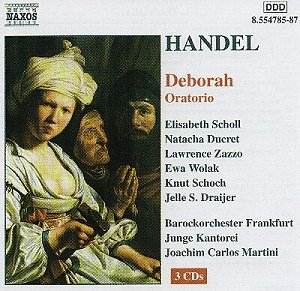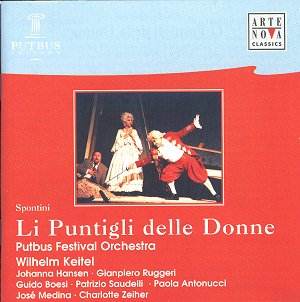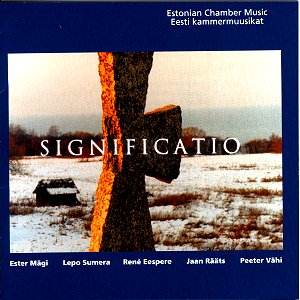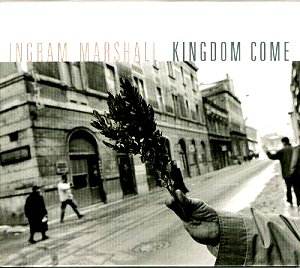 Composer: Ingram Marshall
Composer: Ingram Marshall
Works: Kingdom Come (1997), Hymnodic Delays (1997), Fog Tropes II (1993)
Performers: American Composers Orchestra, Robin Lustig Dunkel (conductor), Theatre of Voices, Paul Hillier (director), Kronos Quartet
Recording: Various venues 1996 – 2000
Label: Nonesuch 7559 – 79613 – 2
Ingram Marshall stands as a unique figure in contemporary American music, resisting easy classification while drawing from a rich tapestry of influences that include environmental soundscapes and historical resonances. His works often juxtapose live performance with recorded sound, creating a dialogue between the acoustic and the electronic that reflects his belief that music serves as an emotional conduit beyond mere stylistic labels. This latest recording, featuring three prominent pieces, encapsulates his aesthetic, emphasizing both personal narrative and broader, atmospheric explorations.
“Kingdom Come,” a deeply moving tribute to Marshall’s brother-in-law, is a culmination of his approach to blending live instruments with recorded elements. The piece opens with a quotation from Sibelius’s “The Swan of Tuonela,” a choice that, while initially jarring in its familiarity, sets the stage for the ensuing emotional landscape. The live ensemble, in this reworking for strings, is enveloped by a haunting collage of sounds from Bosnia, which includes the poignant motifs of a soprano cantor and the eerie tolling of bells. The layering of the “Serbian” and “Croatian” sections creates a sense of tension and unease, further highlighted by the contrasting serenity of the vocal lines. This sonic tapestry is masterfully crafted, yet some may find the Sibelius reference distractingly conspicuous, pulling the listener momentarily from the immersive experience that Marshall has so carefully constructed.
“Hymnodic Delays,” another standout on this recording, showcases the collaboration between Marshall and Paul Hillier’s Theatre of Voices. Here, Marshall’s reworking of 17th and 18th-century New England hymns shines, as he employs digital manipulation techniques to explore and expand upon the original melodies. The result is a vibrant and engaging homage that respects the integrity of the source material while injecting a contemporary sensibility. The intricate layering of voices, enhanced by looping and echoing effects, illustrates the textural richness that Marshall seeks. The performance is executed with precision, the ensemble’s vocal clarity effortlessly navigating the piece’s complex rhythmic and melodic landscapes.
“Fog Tropes II,” a reimagining of his earlier work, remains an atmospheric highlight of Marshall’s oeuvre. The Kronos Quartet, renowned for their interpretative insight, brings a nuanced understanding to the piece, balancing the delicate interplay between the live strings and the ambient tape collage. The engineering quality of this recording is stellar, capturing the intricate subtleties of both the live and recorded sounds with remarkable fidelity. The environmental recordings of foghorns and seagulls interweave seamlessly with the quartet’s rich sonorities, creating a meditative sound world that is as evocative as it is immersive.
The production values of this Nonesuch release are commendable, with the engineering team successfully capturing the dynamic range and intricate details of Marshall’s compositions. The booklet notes, authored by the composer himself, provide invaluable insights into his creative process and the thematic depth of each work.
This recording serves as a testament to Ingram Marshall’s distinctive voice within contemporary classical music. His ability to intertwine personal narrative with broader cultural contexts results in a listening experience that is both thought-provoking and deeply moving. The performances, particularly those of the American Composers Orchestra and Theatre of Voices, resonate with clarity and emotional weight, making this disc an essential addition to the catalog of modern American music. Marshall’s works here not only reveal his technical prowess but also his profound capacity for expression, marking him as a significant figure worthy of continued exploration and appreciation.
